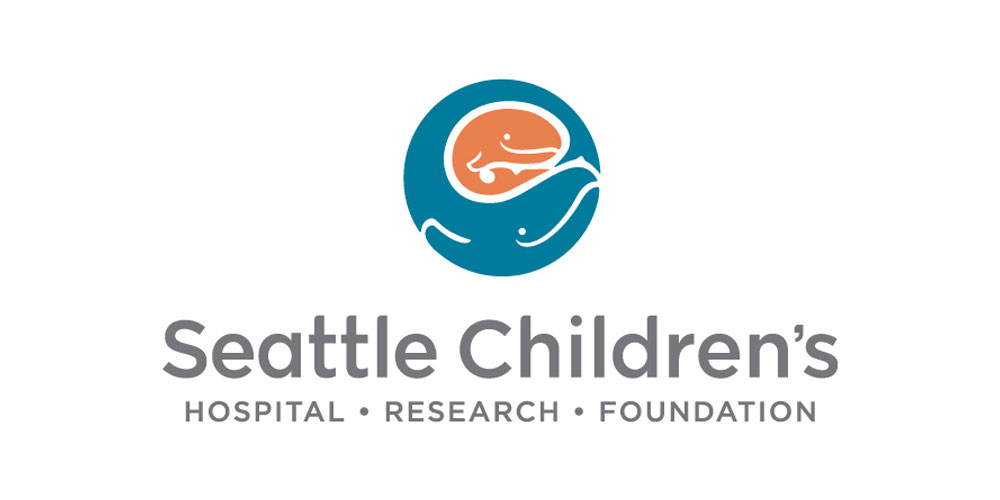Carina Biotech is excited to see the beginning of a CAR-T solid tumour trial at Seattle Children’s Research Institute, our American-based research partners. The trial has been opened for children and young adults with relapsed or refractory non-central nervous system EGFR-expressing solid tumours. In phase I of the trial, STRIvE-01 CAR-T cells will target the EGFR protein expressed in many childhood sarcoma, kidney and neuroblastoma tumours.
The trial will be conducted with researchers led by Professor Mike Jensen at the Ben Towne Center for Childhood Cancer Research at Seattle Children’s Research Institute. Professor Jensen is one of Carina Biotech’s four research leaders, and a major contributor and guide to the work our Adelaide-based scientists are conducting into Carina’s own CAR-T technology.
Solid tumours, excluding those of the brain, make up about 30 per cent of all childhood cancers. Cancer treatment advances have improved childhood cancer survival rates over the last several decades, but childhood solid tumours remain among the most resistant to standard cancer treatment when the cancer returns or doesn’t respond to initial treatment.
“Despite employing modern treatments that offer more intensive therapy or new drug combinations for children with solid tumours, we’ve been unable to improve outcomes for our highest-risk patient groups,” said Dr Katie Albert, who is leading the STRIvE-01 trial in Seattle.
Researchers will reprogram a patient’s T cells to target the abnormal EGFR protein that is expressed on the surface of many solid tumour cancer cells. In normal tissues, EGFR is responsible for cell growth and development, but in cancer cells it has been associated with more aggressive and invasive growth. By equipping the T cells with an EGFR806 antibody, it is hoped they will be able to selectively bind to the EGFR protein on the cancer cells and destroy them.
As Dr Albert explains, “Normal tissue, including skin, is enriched in EGFR, so it is advantageous to equip the CAR T cells with an antibody that recognizes EGFR on tumor cells and leaves healthy cells relatively protected.”
The STRIvE-01 trial will include two sequential treatment arms. Children and young adults enrolled in the first arm will receive EGFR806 CAR-T cells to first evaluate the toxicity and establish the maximum tolerated dose of the experimental therapy. then patients in the second arm will receive CAR T cells reprogrammed to target both EGFR and CD19, a protein expressed on a subset of white blood cells called B lymphocytes.
“By including a CAR T-cell therapy that targets two proteins, we’re a step ahead in addressing a known challenge with solid tumors – the cancer-fighting T cells won’t hang around long enough to get to the tumor tissues and keep the cancer from coming back,” said Albert. “Building on what we’ve learned in our trials for leukemia, our hope is that the secondary target of CD19 will constantly interact with B lymphocytes in the blood to promote the expansion and persistence of the EGFR-directed CAR T cells.”
This trial joins a number of other T cell immunotherapy trials already underway at Seattle Children’s, one of the top children’s hospitals in the United States and internationally recognised for its work in many fields of medicine including immunology and cancer. Carina Biotech wishes the research team all the best in these projects, and looks forward to the results.
For more information on Seattle Children’s go to www.seattlechildrens.org

